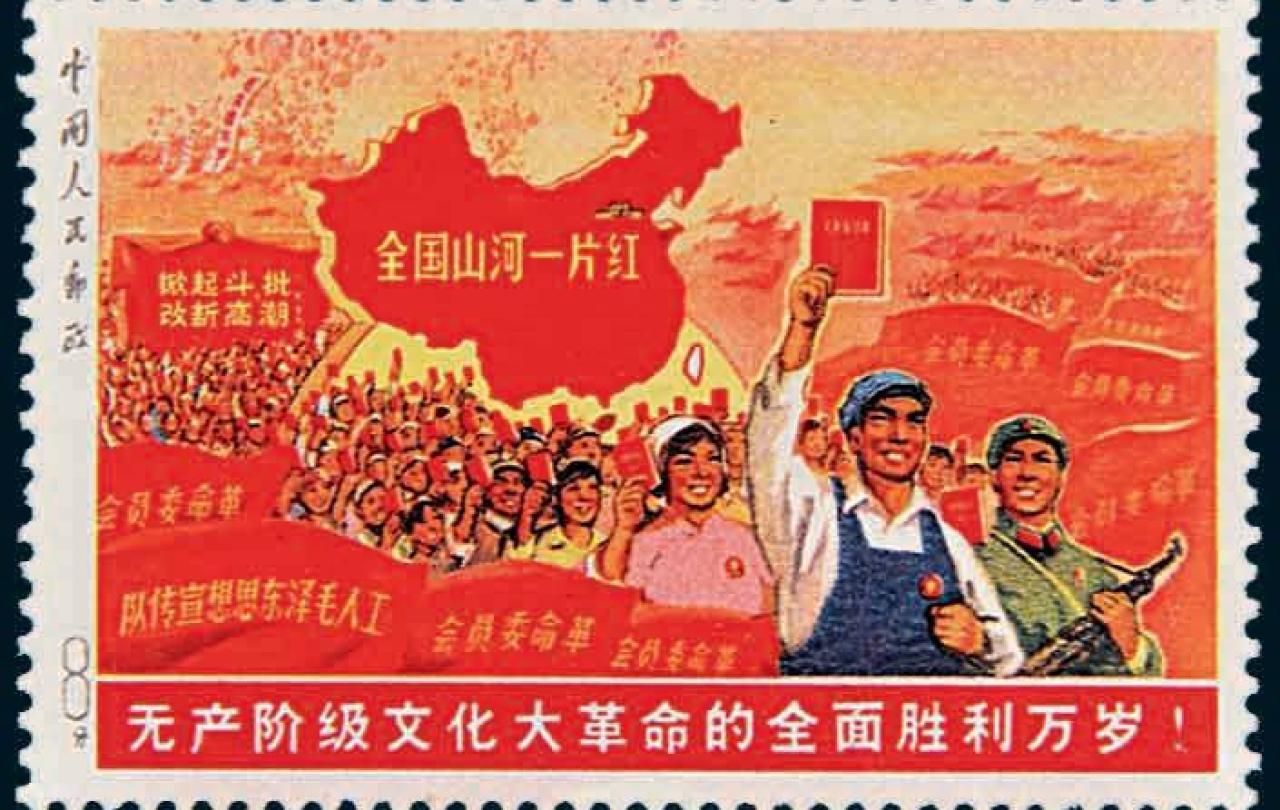
Hassan is Iranian and a Christian; now living in the United Kingdom, he tells Belle Tindall his story. His name has been changed to protect his identity.
Can you tell me your story, tell me how you became a Christian and what life in Iran was like as a result of that decision?
Yeah, actually, I was born in Iran and in Muslim family. I grew up as a Muslim, and then at the age of sixteen, I became a Christian. I was questioning whether God exists or not, asking what the purpose of my life was, the purpose of the whole world, in fact. And, if there is a God, why are there so many injustices in this world, and around me?
I went to Islamic theology first, because that’s what I knew. But, it left me feeling empty.
And I remember, one day, I cried out to God, I said – ‘I don't know if you exist or not, I don’t know if you can hear my voice or not. But if you exist, and if you're hearing my voice, please talk to me directly.’
I was really desperate.
A few months after that prayer, I was alone at home and suddenly a crucifixion appeared in my front of my eyes. I had no knowledge about Jesus’ death on the cross or anything like that. But that was it.
I didn’t know that the Christian church was being persecuted at this point. And I remember, in the early years, learning that I couldn’t attend any church service because they weren’t able to accept Muslim converts. But I just couldn’t ignore this very strong voice in my mind and heart, telling me that only Jesus could save me. So, I had very deep peace in my heart.
And am I right in thinking that you were arrested for your Christian faith?
Yes, intelligence police came to my home one morning, showing me a paper that permitted them to search my flat. They didn’t actually tell me that it was because of Christianity, they just searched everything, took photos, and seized anything that was related to Christianity.
Then they told me – ‘this is happening because you’re a Christian’, and they sent me to court. But, during my trial, they presented me with different charges: undermining the government and posing a threat to national security.
So, how long were you in prison for?
I as in solitary confinement for a month. But they couldn’t keep me in prison because years before I had gone through the process of becoming legally recognised as a Christian convert – when it wasn’t illegal. So, they had to release me. I also had human rights organisations putting pressure on the government to release me, they were working on my case. So, after a month I was released on bail.
And is that when you came to the UK?
Yes, because even when I was released, I wasn’t safe. They would call me all the time, they would call me in for interrogation constantly – they wanted to show me that they were still in control, that they knew everything. I was being monitored always. And so, mentally and emotionally, it was very difficult for me to stay there. I spoke with some leaders in my church who told me that it would be wise for me to leave Iran. It wasn’t safe for me; I didn’t have a choice.
And how has your experience been, here in the UK?
To be honest, to begin with, it was really difficult. Because of the torture that I had endured, I had a lot of trauma – and when I came here, I had nothing. I was learning a new culture, a new language. And I carried this trauma here with me. Spiritually, mentally, emotionally, it’s been very hard for me to be here.
It was very dark.
Can I ask you, in light of everything that you’ve experienced, what you think of the recent comments about the church ‘aiding bogus asylum claims’?
I was a refugee. And when I arrived, my interviewer was a very kind lady. To get my immigration status only took two or three weeks, but that could have been because my story was already quite well-known, so there was evidence that I had been persecuted because of my Christian faith. My case had been on the internet.
And I understand that some people aren’t honest about being Christians – and that would make it difficult for people like me. It’s tricky. I don’t want to judge anybody, because I understand, I’ve seen the other side.
And it is a challenge.
But I feel positive that even if somebody hasn’t been to church in Iran, it’s a good opportunity to share the gospel with them here in the UK. It’s good news that they’re here – even if they’ve come for a different reason.
But I really do think that people are coming because they’re persecuted. They’ve been through so much. It’s hard for the Home Office, but the church have an important role to play – to support the people who have been persecuted, who have never before had a place to learn about or worship God. Those who have never had the freedom to express their faith, or live in their faith. I think the church has a really, really important job - to support them and stand behind them and speak for them.








